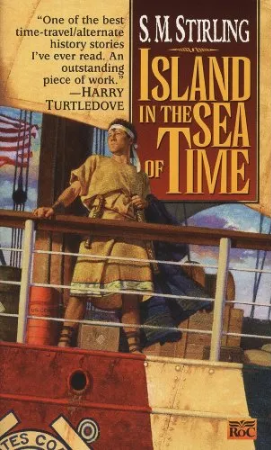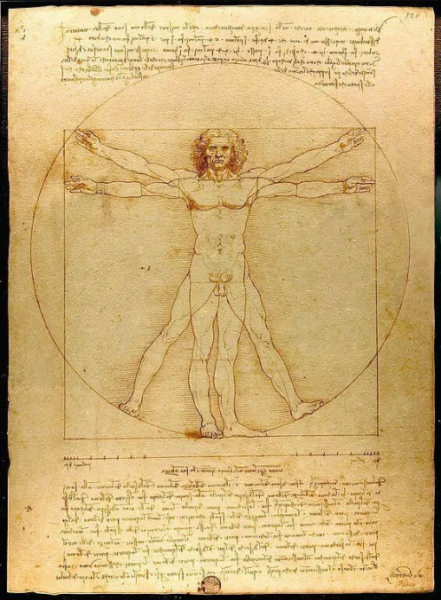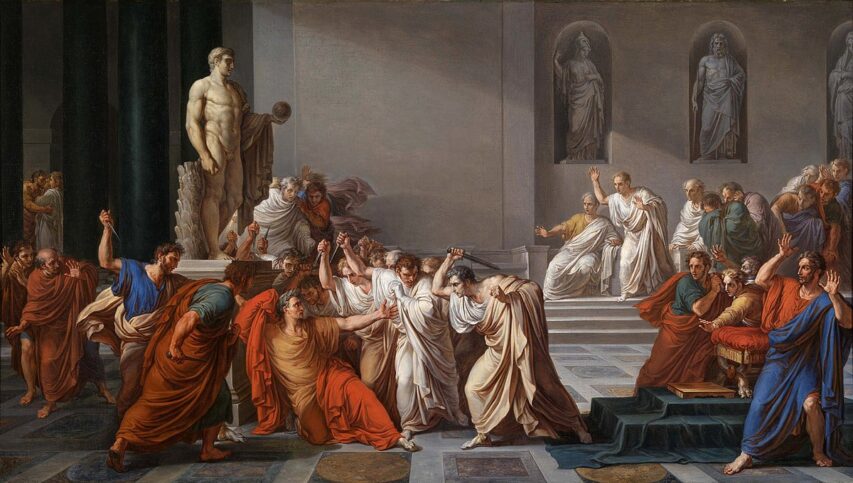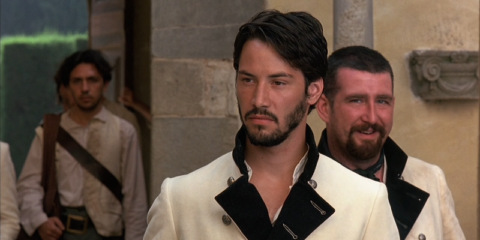Andrew Doyle wonders if even the Bard can survive the incessant assaults of the ultra woke, the new Puritans:

This was long thought to be the only portrait of William Shakespeare that had any claim to have been painted from life, until another possible life portrait, the Cobbe portrait, was revealed in 2009. The portrait is known as the “Chandos portrait” after a previous owner, James Brydges, 1st Duke of Chandos. It was the first portrait to be acquired by the National Portrait Gallery in 1856. The artist may be by a painter called John Taylor who was an important member of the Painter-Stainers’ Company.
National Portrait Gallery image via Wikimedia Commons.
The puritans had it in for Shakespeare. With the exception of the plague, they were perhaps the most persistent threat to his livelihood. As far as these zealots were concerned, the theatre was a realm of “adulterers, adulteresses, whoremasters, whores, bawds, panders, ruffians, roarers, drunkards, prodigals, cheaters, idle, infamous, base, profane, and godless persons”.
These were the words of the polemicist William Prynne from his Histrio-Mastix (1633). He was eventually to get his way in 1642 when the puritan-led parliament shut the theatres down. When the ban was lifted on the accession of Charles II, older plays had to be dusted off to satisfy the public’s appetite for drama. It was Shakespeare’s work that proved to be the most popular, establishing a trend that has never waned.
Now the bard faces another breed of puritan, more censorial than the last. We are living in conformist times, and inexplicably those in the creative arts have turned out to the be most conformist of all. Nowhere is this more evident than the theatre industry, where wrongthink is outlawed and artistic freedom is sacrificed on the altar of identity politics. Virtually all productions of Shakespeare’s plays I have seen in recent years have been mangled to promote the regressive fashions of our time. Today’s audiences are seeing a vague shadow of these masterworks through a narrow and uninspiring prism.
Even so, many of us are reluctant to give up on the theatre altogether. We tolerate the gender-neutral toilets that nobody asked for, the rainbow lanyards worn by ushers, and the little sermons in the programmes by directors who think their job is to educate the masses. One friend remarked that so long as the preaching only amounts to 20% of the show’s content, he is willing to accept it. I suppose it’s like going for dinner in an especially pious household, and having to put up with a long-winded prayer before a delicious meal.
Theatregoers might have a better experience if they opt for productions of plays written many years before this new state religion took hold. Shakespeare, as a playwright who has never been bettered, is surely the safest choice. In his work we find ourselves unmolested by ideology. We know nothing of Shakespeare’s opinions on matters of politics or religion, and attempting to glean any suggestions from his works is futile. I think A. L. Rowse put it best when he pointed out that Shakespeare “saw through everybody equally”. Neither prince nor pauper escapes his sceptical gaze.










